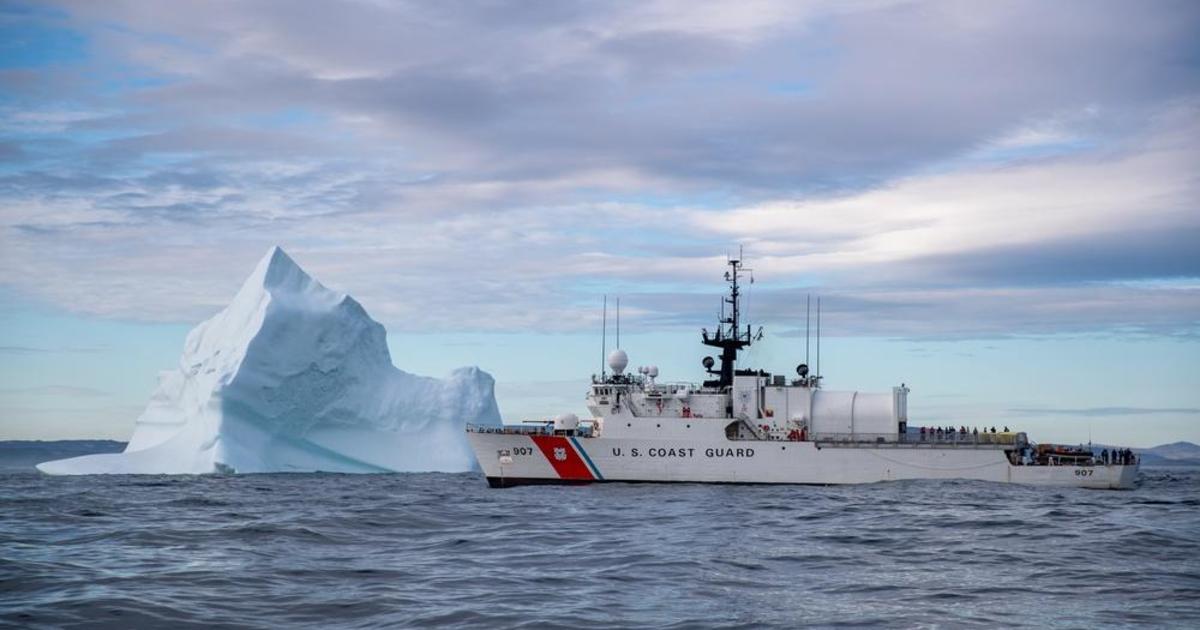MoreBack to News Headlines

"Operation Titanic": U.S. turns to satellite technology to detect icebergs
CBSN
It was the "unsinkable ship" until it wasn't.
Ten minutes before the maiden voyage of the Titanic ended in calamity, a radio operator aboard the nearby SS Californian signaled that there was an iceberg in the ship's path. The warning was ignored, and the massive collision that followed cost over 1,500 lives, prompting a wave of maritime innovations: sonar and radar navigation features, lifeboat drills and the creation of the International Ice Patrol (IIP.)
Now, 110 years after the sinking of the Titanic, the U.S. government is developing a new technology that's designed to detect and report icebergs to the maritime community.
More Related News





















 Run 3 Space | Play Space Running Game
Run 3 Space | Play Space Running Game Traffic Jam 3D | Online Racing Game
Traffic Jam 3D | Online Racing Game Duck Hunt | Play Old Classic Game
Duck Hunt | Play Old Classic Game











